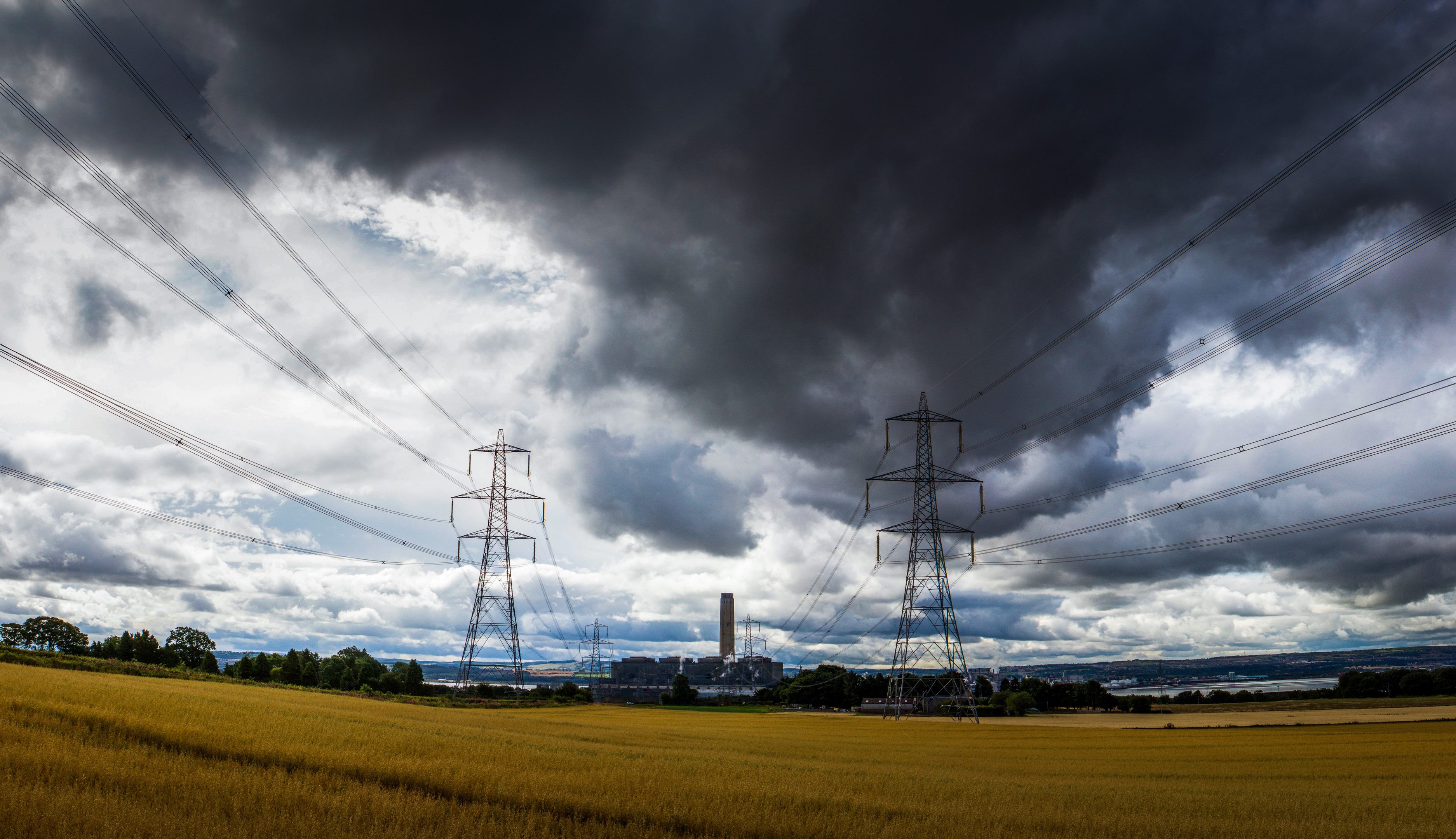A Scottish Government report has said the Longannet Task Force could have done more to engage local residents following the power station closure.
Longannet Power Station, which was one of Europe’s most polluting generators, closed in 2016.
To mitigate the impact, a task force was set up, chaired by Fife Council and the government and involving neighbouring local authorities and Scottish Power.
An interim report by the government’s Just Transition Commission, an advisory group charged with making recommendations to achieve a zero carbon economy which addresses inequality, said there was a “strong feeling” among local people their voices had not been heard.
The Coalfields Regeneration Trust (CRT) said there had been “no transition plan in place for the community”.
Pauline Douglas, head of operations Scotland at CRT, said: “These communities have been blighted by the dirt and traffic the power stations for many year but benefited from a boost to the local economy.
“Although £2.7 million was invested into the region to support a recovery after the closure, many of the villages have missed out. At CRT we were able to use the investment to open our community hub in Kincardine, which has provided a skills boost to local people, but much of the wider investment seems to have gone elsewhere.
“We know that the local pubs and cafes are quieter and some have closed down. The village feels neglected, as does wider south west Fife.
“The contractors, rather than those working in the power station, are missed the most as they spent money locally. Approximately 400 to 500 people have gone onto a new jobs in new locations, leaving a big gap in Fife.”
The interim report said plans for Spanish train firm Talgo to establish a factory at the Longannet site are a positive development.
Ms Douglas said: “As soon as Talgo arrive we hope there will be a big change, but we need a strong community plan in the meantime.
“We look forward to engaging further with the Just Transition Commission and other stakeholders to help Fife thrive.”
The decision to close Longannet, which was once named the 21st most polluting power plant in the pre-Brexit European Union, was taken after Scottish Power was hit by high carbon taxes and connection charges of £40 million a year. The company said grid connection charges disproportionately affected Scottish plants and favoured those based in the south of England.
The Just Transition Committee’s interim report stated: “There was a general consensus that the task force had largely been successful in managing the immediate threat of loss of jobs at the site.
“However, it was interesting to contrast this perspective with voices from the nearby Kincardine community. Here we found the strong feeling that the voice of people from the surrounding area was not heard in the process of planning the response to the closure.
“As a consequence, there was a feeling that the task force missed an opportunity to address wider questions of economic development and empowerment in the area.”
GMB Scotland Secretary Gary Smith said: “It’s very hard not be sceptical about the prospects for jobs and prosperity as the country moves towards a low carbon economy. Frankly, the report itself is a missed opportunity and the commission must face up to some hard truths.
“The report asks us to “learn the lessons of Longannet” but that failure is already being repeated and the BiFab yards in Fife and Lewis are evidence of this. Scotland’s green energy revolution is being built by China, Indonesia and the UAE – anywhere but Scotland.”










